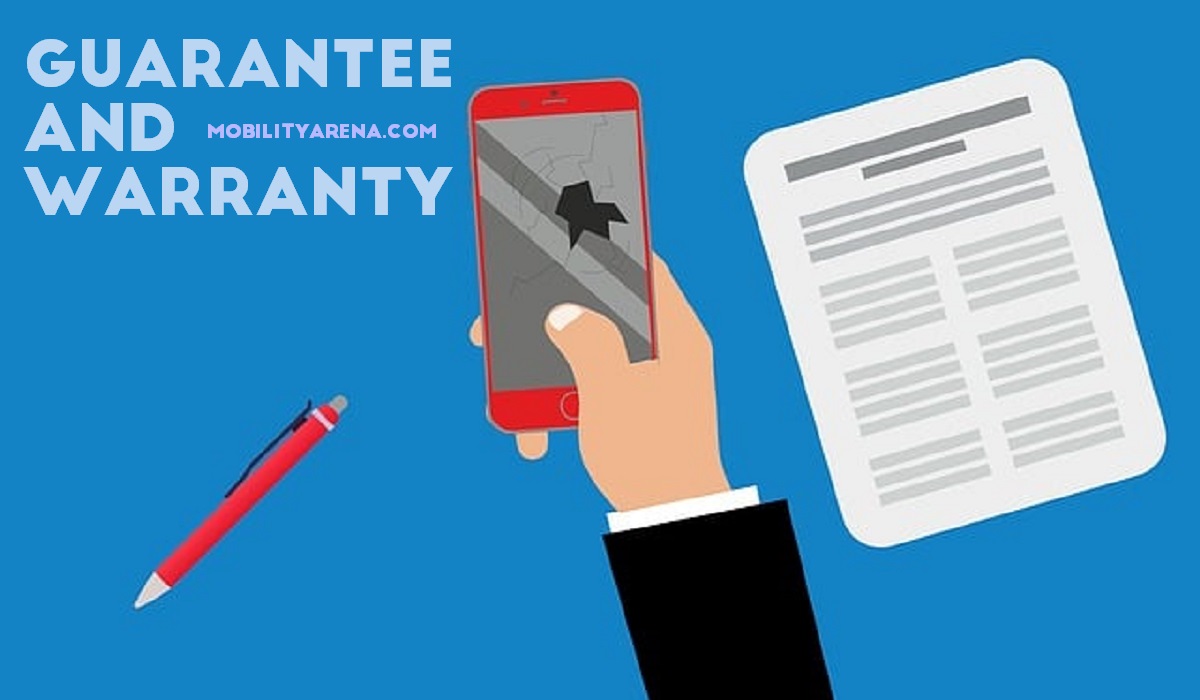Guarantee and warranty are two terms that are often used interchangeably, but they have distinct differences. Let’s look at their definitions and make comparisons.

Table of Contents
What is a Guarantee?
A guarantee is a promise made by the manufacturer or seller of a product to the buyer that the product will perform as expected. Guarantees can be either oral or written, but oral guarantees can be difficult to prove. For example, if you purchase a blender and the manufacturer guarantees that it will blend ice without any issues, then you can expect the blender to perform that function. If it doesn’t, then the manufacturer is obligated to provide a remedy, such as a refund or replacement.
A common example of a guarantee is a satisfaction guarantee, where the manufacturer promises to refund the purchase price if the buyer is not satisfied with the product.
In simple terms, these are the traits of a guarantee:
Nature: A guarantee is a promise or assurance made by a manufacturer, seller, or service provider that a product or service will meet specific performance, quality, or satisfaction standards.
Duration: Guarantees are typically short-term and often apply to specific claims or assurances. They can vary in duration, from a few days to a few months.
Scope: Guarantees may cover a specific aspect of a product or service, such as “satisfaction guarantee” or “money-back guarantee.” They are more about the overall quality or experience.
Remedy: If the product or service doesn’t meet the promised standards, the guarantee typically provides a remedy such as a refund, replacement, or resolution of the specific issue.
What is a Warranty?
On the other hand, a warranty is a written agreement between the manufacturer and the buyer that specifies what type of repair or replacement services are available should something go wrong with the product. Warranties are usually included with the purchase of a product and can vary in length and coverage.
For example, if you purchase a car and it comes with a 3-year/36,000-mile warranty, then you can expect the manufacturer to cover any repairs that are necessary during that time period. A common example of a warranty is an extended warranty, which provides additional coverage beyond the original warranty period.
Broken down, here are the traits of a warranty:
Nature: A warranty is a formal written contract or agreement provided by the manufacturer or seller that outlines the terms and conditions for the repair, replacement, or service of a product if it develops a defect or malfunction during a specified period.
Duration: Warranties are typically longer-term, and they often extend for a predefined period, such as one year, two years, or even longer.
Scope: Warranties are specific to product defects or malfunctions. They cover the repair or replacement of faulty components or issues that may arise during the warranty period.
Remedy: If a covered issue arises within the warranty period, the manufacturer or seller is responsible for repairing or replacing the product at no additional cost to the consumer.
A Simple and Easy Definition of Guarantee and Warranty
I found a plain and easy-to-understand explanation of the difference between a guarantee and a warranty:
Guarantee means you can return the product if you are unsatisfied, Warranty means you can have the product fixed if damaged Within terms.
— Henry Okelue (@4eyedmonk) January 16, 2014
Yes; and the above definitions are good for any product. Now, you know. Say thanks to Henry.
Guarantee and Warranty: Examples
In the United States, the Magnuson-Moss Warranty Act is a federal law that governs warranties for consumer products. The law requires that manufacturers provide clear and detailed information about the warranty coverage, including any limitations or exclusions. Additionally, the law prohibits manufacturers from requiring that consumers use a specific brand of replacement parts or services to maintain the warranty coverage.
In summary, a guarantee is a promise made by the manufacturer or seller of a product about its performance, while a warranty is a written agreement that specifies the repair or replacement services that are available should something go wrong with the product.
If you forget everything else, remember these
- Guarantee: The product can be returned if you are not happy with it. There doesn’t have to be any faults with it.
- Warranty: The product will be fixed if faulty or damaged. Conditions usually apply.